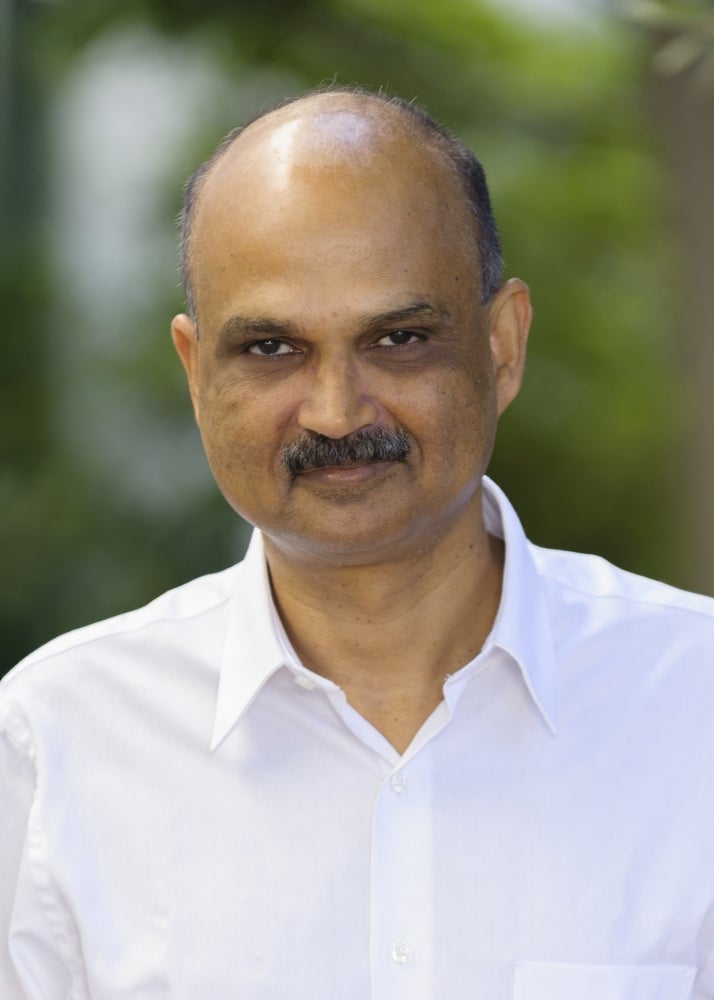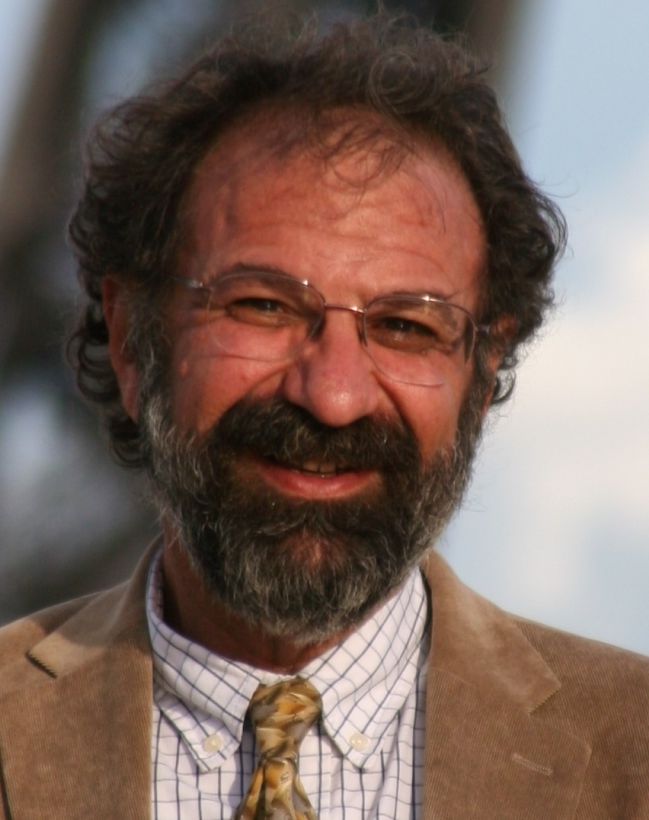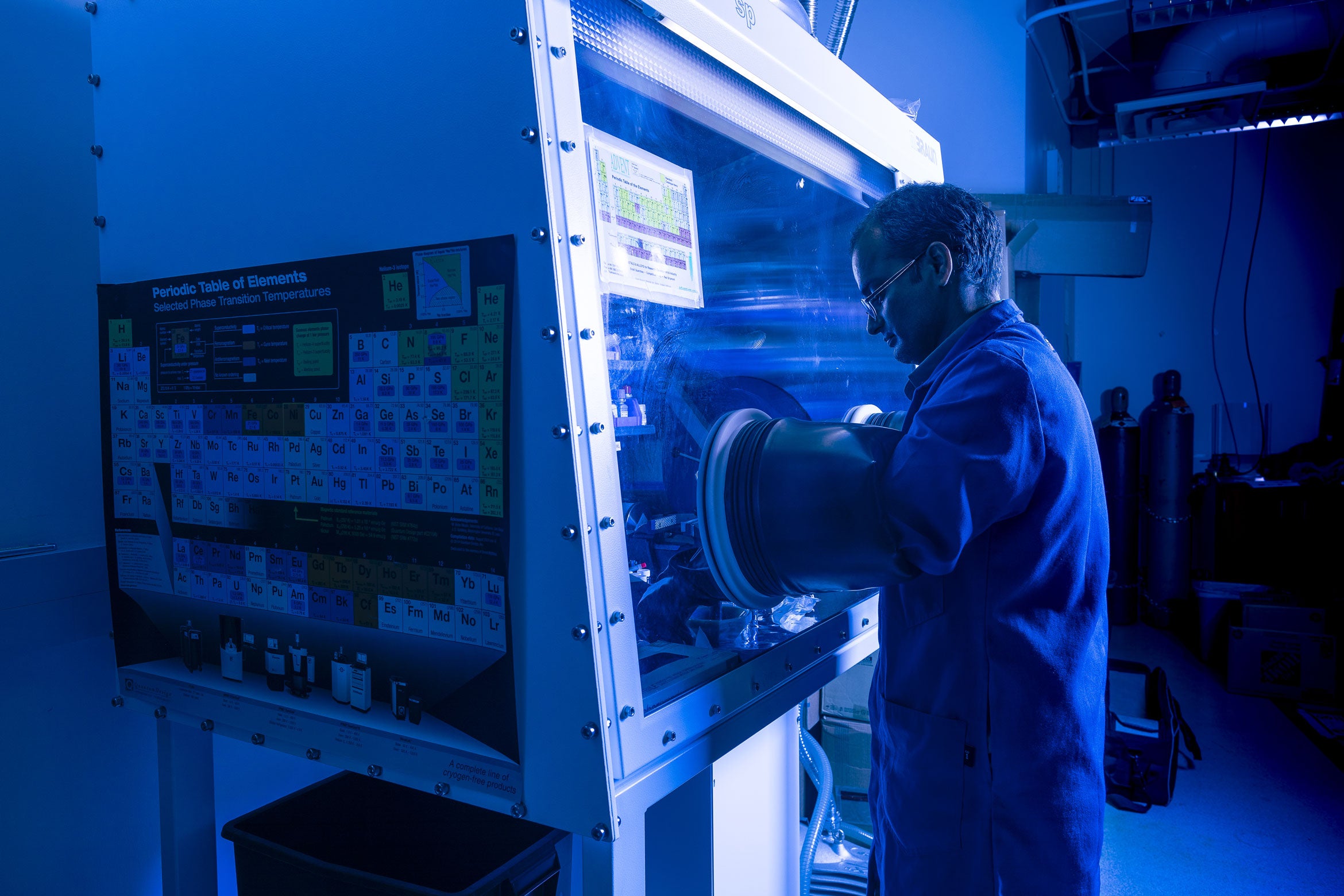
Understanding the Global Pandemic


Updated Aug. 24, 2020
The COVID-19 global pandemic has, in one way or another, impacted virtually every individual on the planet.
A continuing weekly seminar series, “Issues, Approaches, and Consequences of the COVID-19 Crisis,” brings together experts from UC Santa Barbara and Cottage Health System to examine varied and various topics related to the virus’s effect on our lives.
Each hour-long sessions features a different speaker. Free and open to the public, the series was organized jointly by Ambuj Singh, a professor of computer science and of biomolecular science and engineering, and Joseph Walther, a professor of communication and director of the campus’s Center for Information Technology and Society (CITS). Recordings of the webinars can be found at CITS.
“There is a lot of fear and unknown, and the only way you conquer that is with knowledge and information,” said Singh, who also is director of the campus’s Data Science Initiative. To that end, he and Walther have brought together an interdisciplinary group with expertise ranging from biology and medicine to public health and ethics to artificial intelligence and machine learning.
The sessions examine a range of topics, and featured researchers include Somayeh Dodge, assistant professor at the department of geography, and Mengyang Gu, assistant professor at the department of statistics and applied probability, discussing analytics and modeling for prevention; Kyle Meng, assistant professor at the Bren School of Environmental Management and the department of economics, Carolina Arias Gonzalez, assistant professor of molecular, cellular and developmental biology, and Lynn N. Fitzgibbons, a Cottage Health System infectious disease specialist, considering climate effects on the virus, diagnosis criteria and a new testing procedure; Robin Nabi, professor of communication and Heejun Kim and David Sherman, professors of psychological and brain sciences, exploring coping with change and attitudes toward social policies and people; and Peter Rupert, a professor of economics and director of the campus’s Economic Forecast Project, expounding the “Economic Aspects of the Crisis.”
In other sessions, Singh and Yu-Xiang Wang, an assistant professor of computer science, spoke on “Coping with Heterogeneity and Uncertainty of COVID-19 Datasets;” mechanical engineering professor Francesco Bullo compared various models for the propagation of infectious diseases; and Arias Gonzalez and Fitzgibbons hosted the discussion, “SARS-CoV2: The Virus and the Disease.”
“Celebrities’ and authorities’ most important message to the public is that we’re all in this together,” said Joseph Walther, director of UC Santa Barbara’s Center for Information Technology and Society, one of the campus research centers participating in the series, “It’s the same for academics, too. The center’s motto is that we’re interested in problems too big for any one discipline to solve, and that’s never been more true than in this case.”
Other research entities involved in the series include NOVIM, an organization founded at the Kavli Institute for Theoretical Physics that seeks to make complex scientific topics accessible to non-scientists; the Center for Spatial Studies; and the Center for Responsible Machine Learning.
What better example of interdisciplinarity, Walther noted, than how social behaviors like distancing affect the impact of a biological threat, or how human values such as collectivity, autonomy and political will are central to our efforts to protect one another.
“Technology and science are playing huge roles in the battle, but their influences cannot be untied from social scientific dynamics and cultural influences as well,” Walther said.
Our seminar arose because we really are all in this together.”



